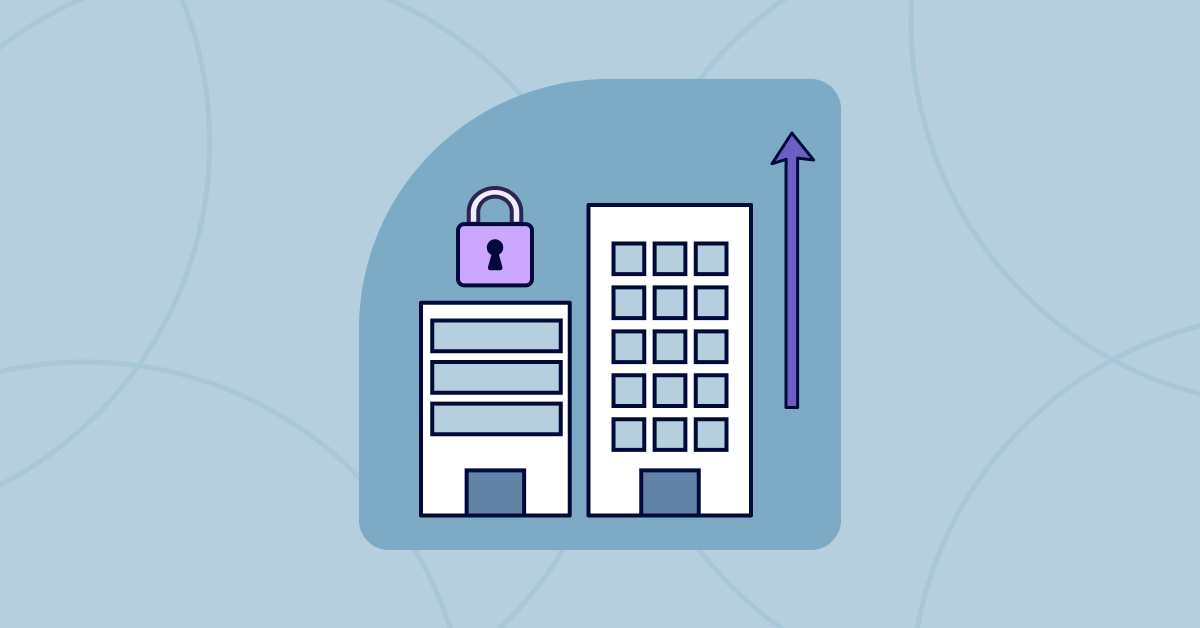Many companies treat security as something to reach for only when a problem arises. A breach, a failed audit, or a new regulation sparks sudden action, followed by long stretches of neglect. In today’s environment, that approach no longer works. Threats are constant, regulations evolve quickly, and vendors often have more access than leaders realize. Without a foundation that anticipates these realities, organizations remain stuck in a cycle of reaction.
.jpg)
Security-led companies work differently. They don’t wait for the next disruption. They establish systems that are steady, resilient, and designed to withstand change. This doesn’t mean they are free from risk, it means they are not improvising. Instead of relying on luck or quick fixes, they create clarity and structure that guide decisions across the business.
When security becomes part of everyday operations, the pressure shifts. Teams are not scrambling to solve emergencies at midnight. They are not second-guessing whether a new initiative might open hidden risks. Employees understand the guardrails, and leaders know that growth can continue without constant fear of exposure.
Strong security foundations don’t depend on piling up tools or building complicated dashboards. What matters most is visibility into what’s happening, guardrails that prevent costly mistakes, and processes that can be trusted. With these in place, organizations can move faster without tripping over preventable errors.
The impact reaches every part of the business. Customer data is handled with consistency. Vendor access is managed with clear policies. Employees receive training that supports their work instead of slowing it down. Products are designed with safeguards already in place, so innovation doesn’t introduce hidden weaknesses.
Security-led companies also see compliance differently. Instead of scrambling to meet standards during an audit, they operate in a way that keeps them ready year-round. The focus is not on passing a checklist but on building systems that earn trust. That trust carries weight—not only with customers, but also with partners and employees who know the organization takes protection seriously.
Organizations that do not invest in this approach often spend their time catching up. They patch issues only after they’ve been exposed. They create policies under pressure. They clean up after preventable incidents. This cycle creates noise, stress, and distraction that limits progress.
By contrast, security-led companies are able to keep moving. They respond to new threats without losing momentum. They adopt new tools without fear of creating gaps. They build habits and processes that make resilience part of the culture, not just a project. The advantage is not only reduced risk—it is the ability to focus on growth while others remain stuck in constant recovery.
we can help
Did you enjoy this content?
Subscribe to our newsletter and get weekly tips on leveraging technology to supercharge your business operations. Don't miss out on the strategies that could transform your company!

.png)

